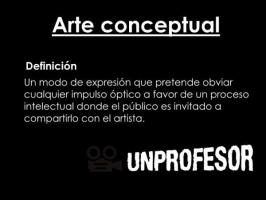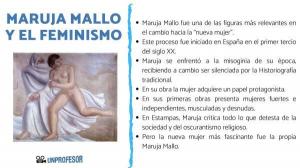Modern philosophy: main characteristics
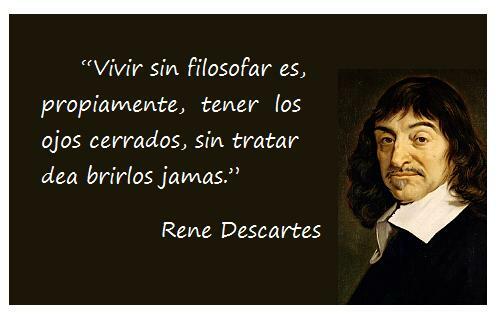
The beginning of modern philosophy is linked to a series of historical factors that condition a change in mentality, and supposes a new way of thinking, especially in relation to the human being, understood now as a be rational, autonomous, and its position within nature. It breaks thus, with the medieval tradition and with the previous dependence between reason and faith. The foundations of modern philosophy are beginning to take shape. From theocentrism one passes to anthropocentrism. The human being is the center of the universe and the main problem of philosophy becomes knowledge. In this lesson from a TEACHER, we will talk about modern philosophy and its main characteristics.
The modern philosophy supposes a real revolution in the conception of the human being and the world, and a radical break with the medieval tradition, which defended that only from faith, one can get to know the truth. God was the center of the universe, but modern thought strips it of its privileged position and now it is the human being who occupies that place.
The medieval dispute between reason and faith, ceases to be the main problem of philosophy, because what worries the modern philosopher is knowledge, what can be known, what are its limits, what is real, it is possible to know the truth. All these questions are approached from different approaches, being able to distinguish 3 currents within modern philosophy: rationalism, empiricism and idealism.
Before starting to talk about the different philosophical currents, we will make a brief review of the main characteristics of modern philosophy.
Supremacy of the human being, in the face of religious questions
The human being and nature will be the main topics to be dealt with by modern philosophers, although religion does not disappear from the philosophical discourse. Galileo, favors this change of course in thought. His new science defends a mechanistic interpretation of the universe, and this conception is collected by the philosophy, which begins to demand scientific evidence, fundamentals, a solid foundation, that helps to build the building of knowledge.
Birth of gnoseology or theory of knowledge
The medieval conception of reality, full of prejudices and superstitions, disappears, being reason and debate philosophical, the main routes of knowledge, and reality, begins to be the object of different interpretations. The perception, the senses, the ideas, the conscience, will be the main subjects to be dealt with by the great thinkers of the modern age.
New concept of "truth"
The truth is not out there, as was believed during the Middle Ages and philosophy begins to worry about the question of reality. The subject is now the guarantee of the truth, because the truth is found within his mind, and therefore, only he is responsible for knowing it.
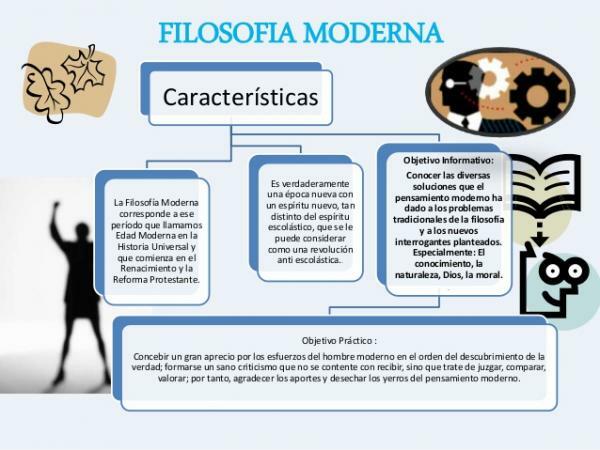
Image: Slideshare
The main representatives of the rationalist current are Descartes, Hobbes, Spinoza, and Leiniz, and advocates of reason as the only way of knowing. Reality, for these thinkers, reality does not depend on the senses, but on thought.
The main characteristics of the rationalism are as follows:
- Existence of innate ideas. Descartes, like the rest of the rationalists, defend the existence of innate ideas within the human mind, and it is precisely from there, from where knowledge starts. For the rationalists, all knowledge originates from reason and knowledge does not come from the senses, from external experience, as the empiricists declared.
- Relationship between reason and reality. The world, external reality, depends on human thought, on your mind, which if used well, can get to know it.
- Defense of the deductive method. The rationalist philosophers, bet on the mathematical model as an instrument to get to know reality. Thus, they thought that starting from a true premise, the conclusion would inevitably have to be true, regardless of the existence of a proof.
- Elimination of experience. Rationalist philosophers did not resort to experience to prove their theories, since they considered that only from the correct use of reason, the truth can be reached.
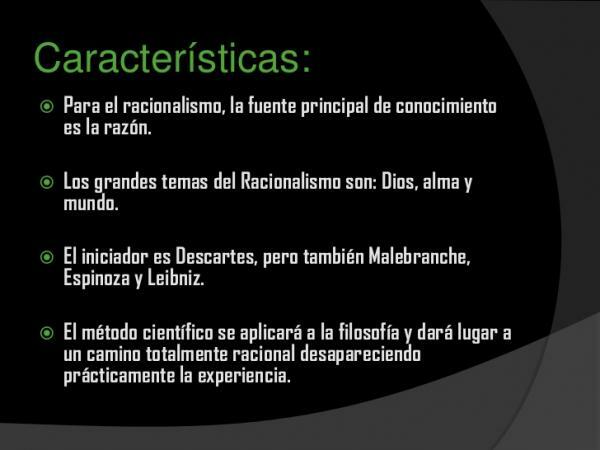
Image: Slideshare
Empiricism is another of the currents of modern philosophy, and its main representatives are Bacon, Locke and Hume. This current, radically opposed to the rationalist, defends the idea that reality depends on the senses, on experience, both psychological and epistemological. All these philosophers, bet on inductive thinking, that is, they thought that only through experience, a theory can be affirmed or rejected. Thanks to experience, it is possible to determine the degree of truth or falsity of an argument, which supposes a greater approximation to the knowledge of the real, but yes, always understood this, as probable.
The main characteristics of the empiricist current are the following.
- Rejection of innate ideas. The mind is for empiricists, a blank slate, there are no innate ideas in our mind, but ideas are built from experience.
- Knowledge comes from sensory experience and only through it can reality be known.
- Defense of the senses as a way of knowledge. Unlike the rationalists, the empiricists affirm that knowledge begins in sensory experience, in sensation, being its only foundation.
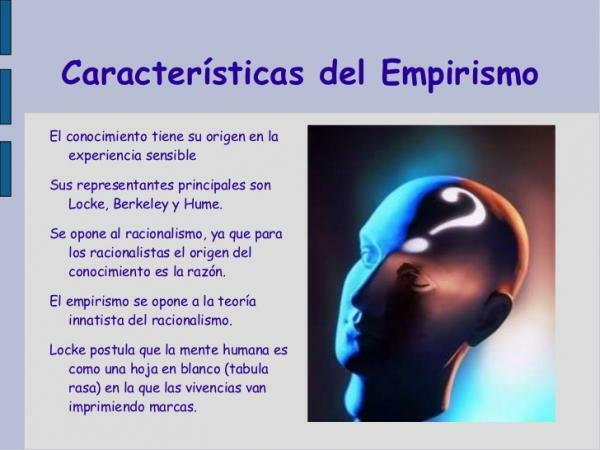
Image: Slideshare
The main representatives of the idealistic current are Hegel and Kant, and defend the idea that reality is something mental, that is, it is an idea, and is only found inside the human being, being himself an idea.
Kant manages to overcome the previous debate between rationalism and empiricism by stating that knowledge starts from experience, but not all knowledge comes from it. Thus, he speaks of two sources of knowledge, sensitivity, which provides the data of experience, and the understanding, which shapes all the information from the senses, and which is independent of the experience.
Therefore, one can speak of a priori knowledge and a posteriori knowledge (before the experience and after the experience. This is what is known as Copernican Revolution in Kant.
The main characteristics of idealism are as follows:
- The reality depends on the subject, there is no reality outside the human mind.
- Theory of objective idealism. Defense of the idea that everything that exists exists because it is thought. It is the human mind that will determine the existence of objects and forms.
- Knowledge is subjective, that is to say, part of the subject and the ideas contained in his mind, although it is true that Kant does contemplate the existence of an external world independent of the subject that he knows.
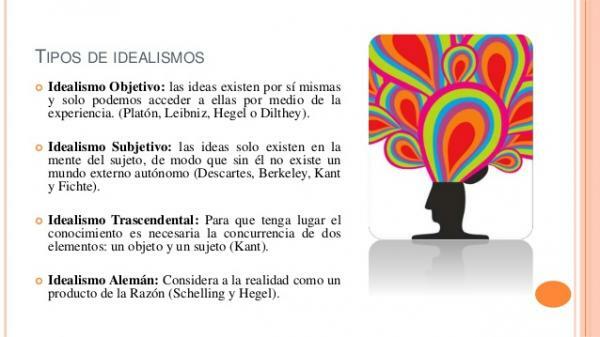
Image: Slideshare


